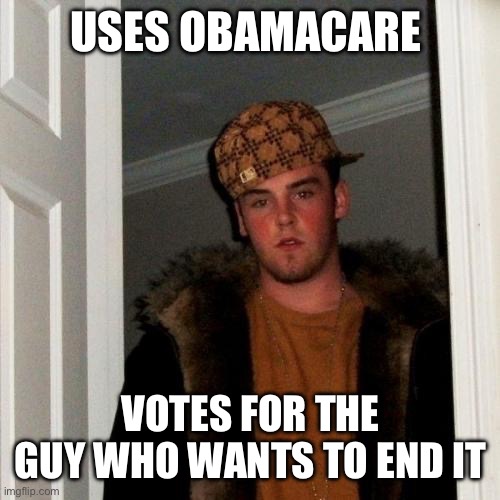this post was submitted on 01 Sep 2024
1272 points (96.6% liked)
memes
10637 readers
3189 users here now
Community rules
1. Be civil
No trolling, bigotry or other insulting / annoying behaviour
2. No politics
This is non-politics community. For political memes please go to !politicalmemes@lemmy.world
3. No recent reposts
Check for reposts when posting a meme, you can only repost after 1 month
4. No bots
No bots without the express approval of the mods or the admins
5. No Spam/Ads
No advertisements or spam. This is an instance rule and the only way to live.
Sister communities
- !tenforward@lemmy.world : Star Trek memes, chat and shitposts
- !lemmyshitpost@lemmy.world : Lemmy Shitposts, anything and everything goes.
- !linuxmemes@lemmy.world : Linux themed memes
- !comicstrips@lemmy.world : for those who love comic stories.
founded 2 years ago
MODERATORS
you are viewing a single comment's thread
view the rest of the comments
view the rest of the comments

Same vibe as:
"I won't work overtime because I end up losing money on taxes"
That's not how tax brackets work!
Work has an economic cost to it. The net present value of work is not equal to the wage.
That's not how tax brackets should work. But sadly for last year's state tax I came across it. [Example numbers] Previously I had 24,200 annual salary but zero tax as it was below 25,000. Even though personal deductions are 10,000, below 25 was considered too low to tax. This year, due to a mistake from employers I was paid for two weeks retroactively, now I have 25,300. Instead of taxing 300 above 25,000 the tax was for 15,300 after deduction. So I had to pay taxes which decreased the money below 25,000 which should not happen if income below 25,000 pays no tax.
And considering there might be things like not qualifying for financial assistance and other things when you cross 25,000 (again example numbers), the actual benefit of making slightly below that, is higher than making slightly above that..
So the system is putting a resistance to overcome poverty. Either you start making double of what you are making, or stay on your lane. Because trying to improve your situation by only a little is harmful.
No. You showed one possible edge case, not a general rule.
I know it's an edge case. But the edge case of having to pay more on taxes on increasing income existing for incomes close to poverty line seems counterproductive, doesn't it?